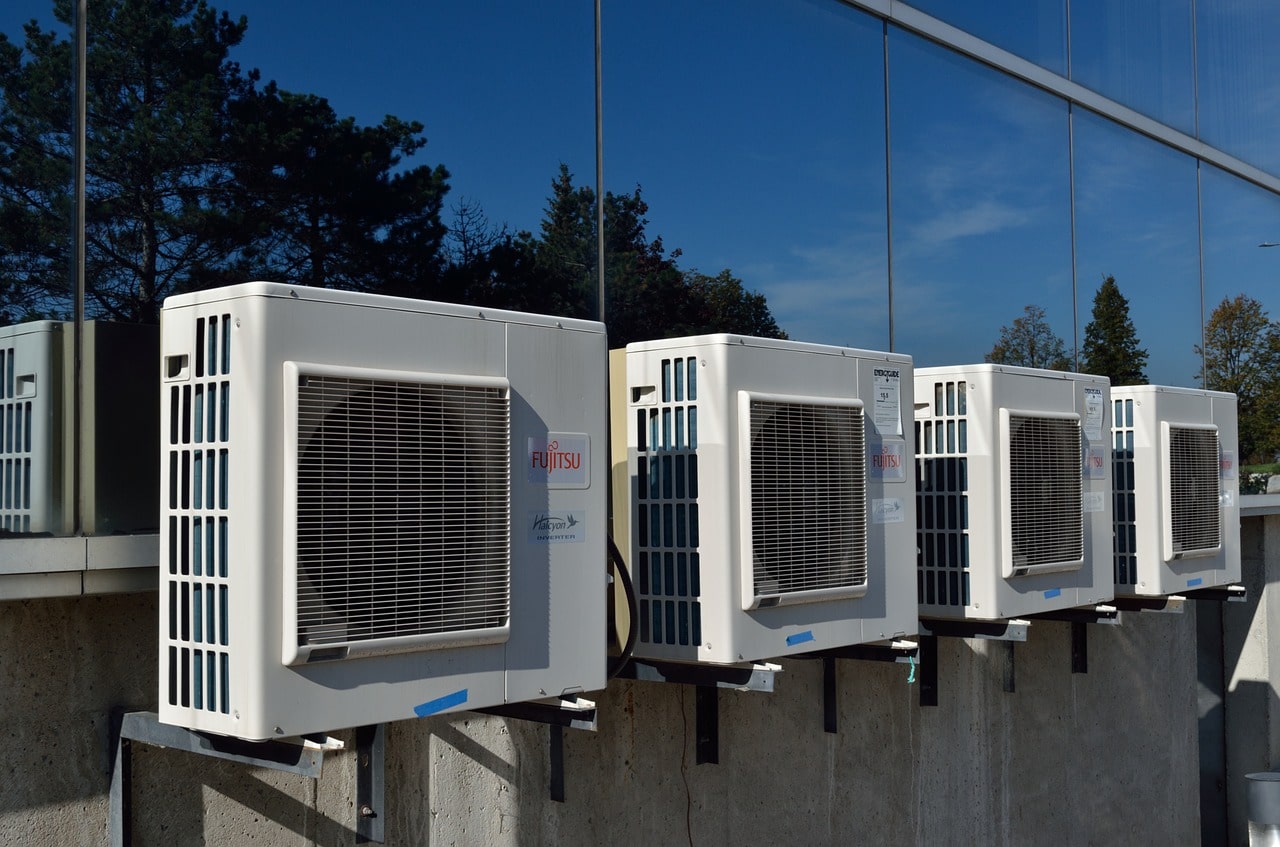
HVAC
When it comes to maintaining a healthy and efficient indoor environment, HVAC filters play a crucial role. Whether it’s for a residential home or a commercial building, understanding the different types of HVAC filters, their functions, and how to maintain them is essential. This comprehensive guide will walk you through everything you need to know about HVAC filters for both residential and commercial uses.
Understanding HVAC Filters
HVAC (Heating, Ventilation, and Air Conditioning) systems are designed to regulate indoor air quality and temperature. The filters in these systems are responsible for trapping airborne particles such as dust, pollen, mold spores, and other contaminants, preventing them from circulating throughout the building. This not only improves air quality but also protects the HVAC system from damage and maintains its efficiency.
Types of HVAC Filters
There are several types of HVAC filters available, each with its own set of characteristics and applications. Here are the most common types:
- Fiberglass Filters:
- Description: Made of layered fiberglass fibers, these are the most basic and inexpensive type of filters.
- Use: Typically used in residential settings where the primary goal is to protect the HVAC system rather than improve air quality.
- Pros: Low cost, disposable.
- Cons: Low efficiency in trapping small particles, needs frequent replacement.
- Pleated Filters:
- Description: Made of polyester or cotton paper, pleated filters have more surface area due to their pleats.
- Use: Suitable for both residential and commercial use, offering a good balance between cost and efficiency.
- Pros: Better at capturing smaller particles, longer lifespan than fiberglass filters.
- Cons: Slightly more expensive, can restrict airflow if not changed regularly.
- Electrostatic Filters:
- Description: These filters use self-charging fibers to attract and hold particles.
- Use: Often used in residential settings for those with allergies or respiratory issues.
- Pros: Washable and reusable, highly efficient in capturing small particles.
- Cons: Higher initial cost, requires regular cleaning to maintain efficiency.
- High-Efficiency Particulate Air (HEPA) Filters:
- Description: Known for their high efficiency, HEPA filters can capture 99.97% of particles as small as 0.3 microns.
- Use: Commonly used in commercial settings like hospitals, labs, and clean rooms.
- Pros: Extremely effective at trapping airborne contaminants.
- Cons: High cost, can significantly restrict airflow, often requires modifications to existing HVAC systems.
- Activated Carbon Filters:
- Description: These filters contain activated carbon, which is excellent for removing odors and volatile organic compounds (VOCs).
- Use: Used in both residential and commercial settings where air odor and chemical pollutants are a concern.
- Pros: Effective at removing odors, can be combined with other filter types for enhanced air quality.
- Cons: Needs regular replacement, can be expensive.
Importance of HVAC Filters in Residential Settings
In residential settings, the primary role of HVAC filters is to maintain indoor air quality and protect the HVAC system. Regularly replacing or cleaning the filters can lead to:
- Improved Air Quality: By trapping dust, pollen, and other allergens, HVAC filters help in reducing the symptoms of allergies and asthma.
- Enhanced HVAC Efficiency: Clean filters allow the system to work more efficiently, reducing energy consumption and lowering utility bills.
- Extended System Lifespan: Preventing dust and debris from accumulating on critical components reduces wear and tear, prolonging the system’s life.
Importance of HVAC Filters in Commercial Settings
For commercial buildings, HVAC filters are even more critical due to the larger spaces and higher occupancy rates. The benefits include:
- Health and Safety Compliance: Many commercial environments, such as healthcare facilities, require stringent air quality standards. High-efficiency filters ensure compliance with health regulations.
- Productivity and Comfort: Clean air contributes to a healthier and more comfortable environment for employees and customers, which can enhance productivity and satisfaction.
- Equipment Protection: Large commercial HVAC systems are significant investments. Regular filter maintenance protects these systems from damage and costly repairs.
Maintenance Tips for HVAC Filters
Proper maintenance of HVAC filters is essential to ensure optimal performance. Here are some tips for both residential and commercial settings:
- Regular Inspections: Check filters monthly for dirt and debris. This is especially important during peak usage times like summer and winter.
- Timely Replacements: Replace disposable filters according to the manufacturer’s recommendations. For washable filters, clean them regularly to maintain efficiency.
- Professional Maintenance: Schedule regular HVAC maintenance with a professional to ensure that the entire system, including the filters, is in good working condition.
- Upgrade When Necessary: If you notice a decline in air quality or system performance, consider upgrading to a higher-efficiency filter.
Conclusion
HVAC filters are a small but crucial component of any heating and cooling system, whether in a residential home or a commercial building. By choosing the right type of filter and maintaining it properly, you can ensure better air quality, improved system efficiency, and a healthier indoor environment. Investing in high-quality filters and regular maintenance is a wise decision that pays off in the long run with enhanced comfort, safety, and cost savings.






